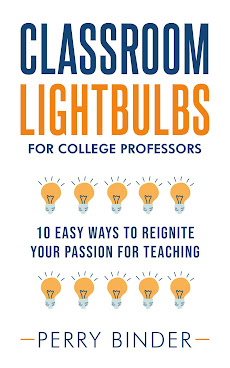I believe that group activities reinforce student learning at the college level. I incorporate many of these projects in New Top-Level Domain Names Add .xxxtra Company Burden – Group Activities For Creating Effective Domain Registration Portfolios, 14 ATLANTIC LAW JOURNAL 114-145 (2012)
There is no free internet link to this article, but below is an excerpt of what this topic is about:
The purpose of this paper is to discuss the intersection of trademark law and domain name law; identify the means for a company to retrieve domain names through litigation or domain name arbitration; develop a decision tree to determine which domains are worth pursuing with legal action; and share interactive teaching methods on how students can create a domain name business portfolio.
These activities include an:
1. In-class module to conduct a state and federal trademark search, followed by a discussion on how trademark law impacts domain name selection;
2. Out-of-class group project to study the domain portfolio of a large corporation, identify available domain names that the company should consider registering, reveal select domain names in the hands of cybersquatters, and analyze the risk of pursuing legal action; and
3. In-class reinforcement group activity to start a business on a “shoestring” budget, focusing on decision making skills for purchasing domain names.

















.jpg)